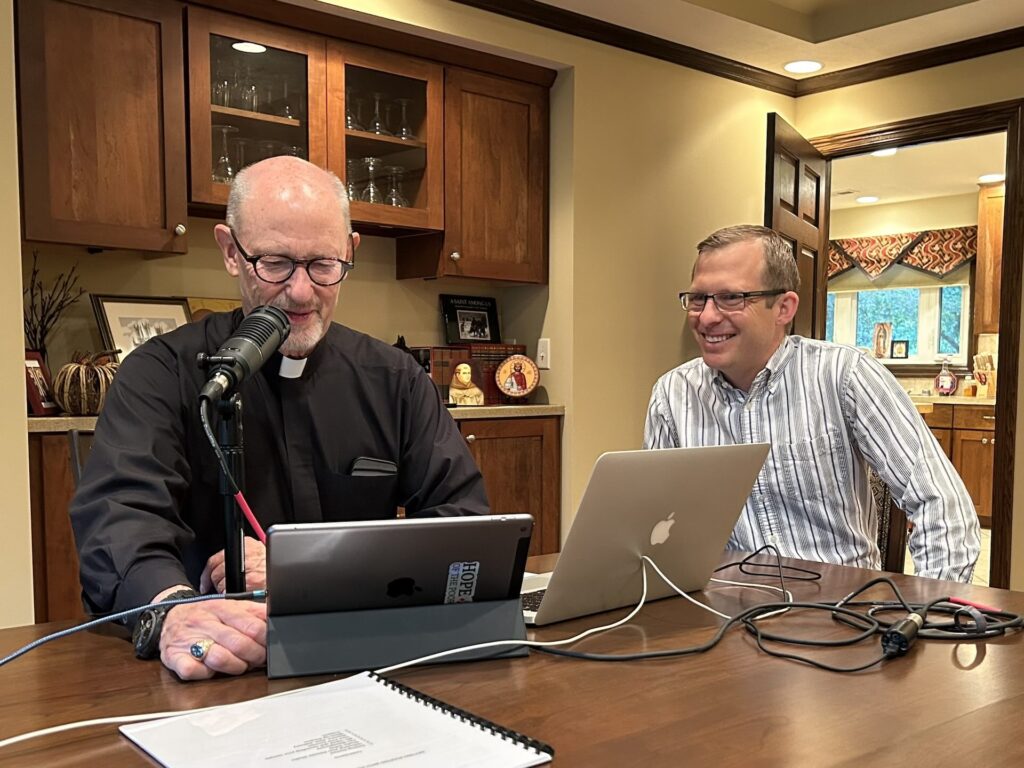A “man after God’s own heart,” and, yet, an adulterer. He was chosen by God and given an everlasting covenant so that his descendent would remain on the throne forever. He seemed more interested, however, in consolidating his power and building himself a house, populating it with his wives and concubines. How do we make sense of David as both a model and a cautionary tale?
First of all, David’s greatness came from his littleness. God chose the youngest and smallest of all the sons in his family, and enabled this little shepherd to triumph over the giant Goliath. The young David, who ended up winning many triumphs over God’s enemies, first and foremost sung God’s praises on the harp, rooting his mission in the worship of God. David was humble and pious.
Second, even when running for his life, David refused to take vengeance on his enemies. This is the trait that makes him most like God. God reveals his loving mercy to us throughout the Bible, loving us even when we were his enemies (Romans 5:10). Showing mercy to Saul and his descendants, among many others, brought David a return of God’s mercy when he too fell. God returned to him the measure by which he measured.
Third, even when David does sin, he models repentance. Psalm 51 expresses this most fully, approaching God with a humble and broken heart. Unlike Jesus, David was not perfect. We can appreciate him even in his failures, which reveal our own shortcomings to us. We are right to be angry or frustrated with David, but we must also see ourselves in those moments. David both showed God’s loving mercy to others and openly received this mercy he needed it.
We do not call David a “man after God’s own heart” because he never sinned. We call him this because he loved like God even though he was weak. Both when he gets things and gets them wrong, he remains an important model for Christian men.
Dr. Staudt serves as Director of Content for Exodus and as an Instructor for the Lay Division of St. John Vianney Seminary. He is the author of How the Eucharist Can Save Civilization (TAN), Restoring Humanity: Essays on the Evangelization of Culture (Divine Providence Press) and The Beer Option: Brewing a Catholic Culture Yesterday & Today (Angelico Press). He holds a Ph.D. in systematic theology from Ave Maria University and B.A. and M.A. in Catholic Studies from the University of St. Thomas (St. Paul, MN). He and wife, Anne, have six children and he is a Benedictine oblate.





